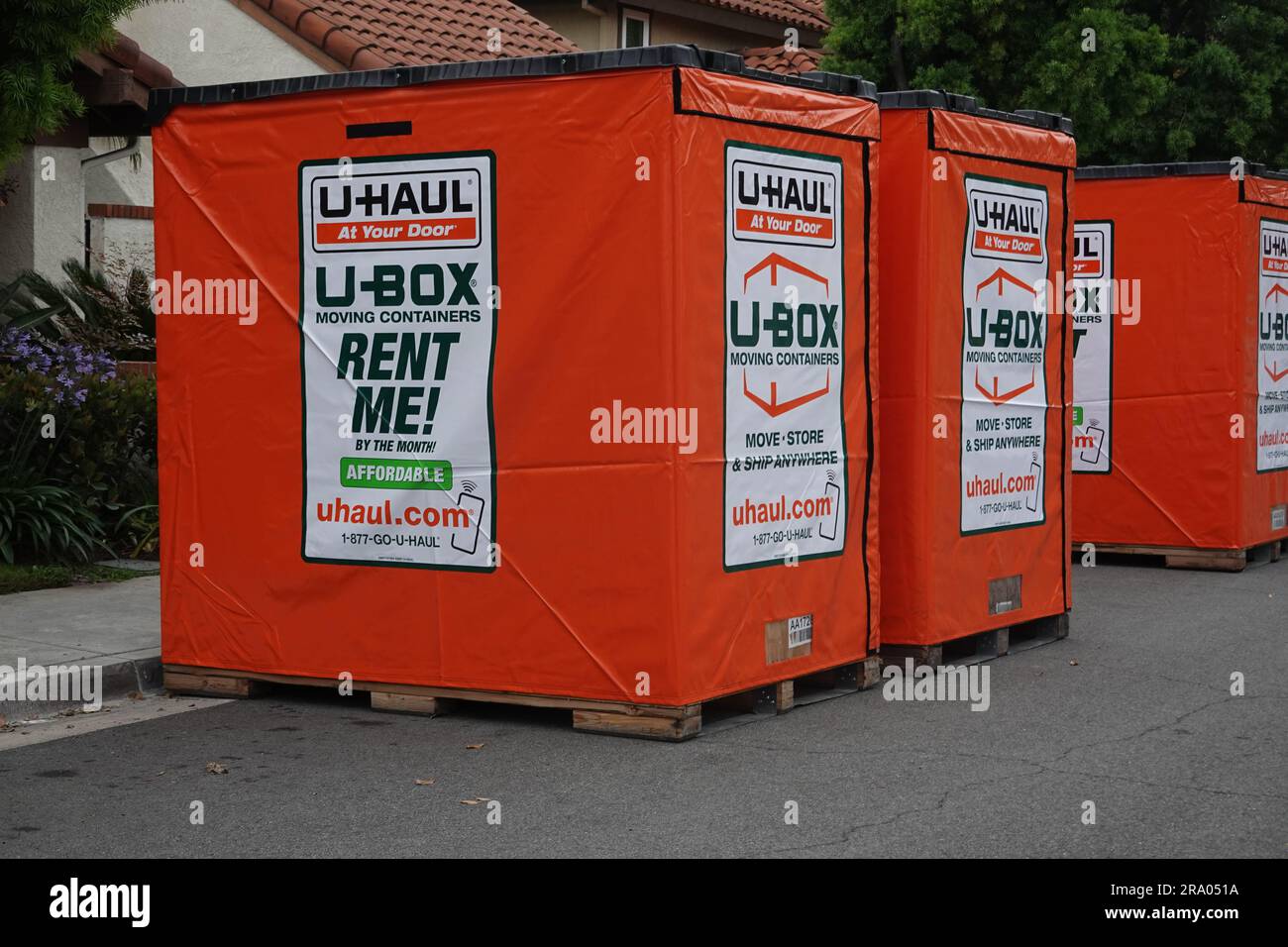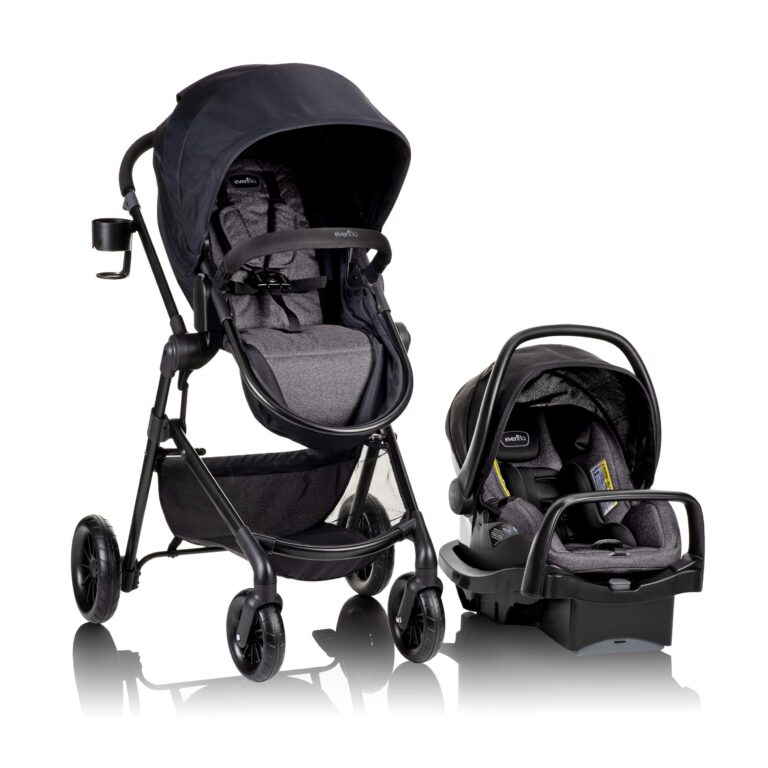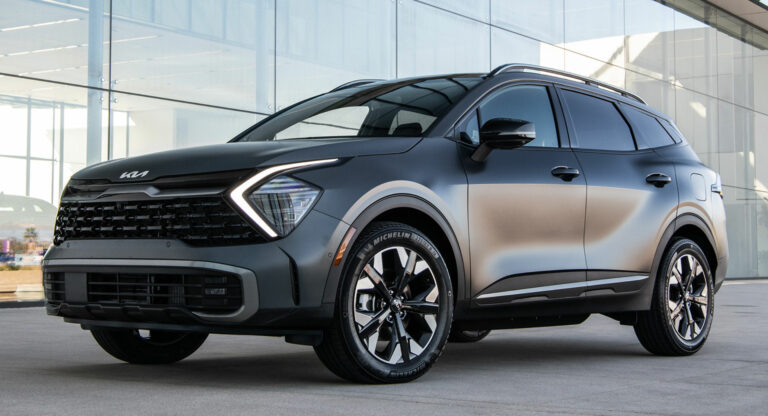U-Haul Trailers: Your Comprehensive Guide to Renting and Using
U-Haul Trailers: Your Comprehensive Guide to Renting and Using cars.truckstrend.com
Moving, hauling, or transporting goods doesn’t always require the expense of professional movers or purchasing a dedicated vehicle. For millions of individuals and businesses, U-Haul trailers serve as the ultimate DIY solution, offering an accessible, versatile, and cost-effective way to get the job done. From relocating an entire household to moving a single piece of furniture or clearing out yard waste, U-Haul trailers empower users with the flexibility and control needed for diverse hauling tasks. This comprehensive guide will delve into everything you need to know about U-Haul trailers, ensuring you’re well-equipped for your next towing adventure.
Why Choose U-Haul Trailers? The Benefits Unpacked
U-Haul Trailers: Your Comprehensive Guide to Renting and Using
The enduring popularity of U-Haul trailers isn’t just a coincidence; it’s a testament to the myriad benefits they offer:
- Cost-Effectiveness: Compared to hiring full-service movers or renting a large moving truck, trailers often present a significantly more affordable option, especially for shorter distances or lighter loads. You save on labor and potentially fuel, as your personal vehicle might be more fuel-efficient than a large truck.
- Flexibility and Control: You dictate the schedule, the route, and the loading process. This autonomy is invaluable for those who prefer a hands-on approach to their move or project.
- Variety of Sizes and Types: U-Haul offers a diverse fleet of trailers, ensuring there’s a perfect match for virtually any hauling need, from small boxes to full-sized vehicles.
- Widespread Accessibility: With thousands of U-Haul locations across North America, finding and renting a trailer is incredibly convenient, even for last-minute needs.
- Reliability and Maintenance: U-Haul maintains its fleet rigorously, providing well-maintained and reliable equipment designed for safe and efficient towing.
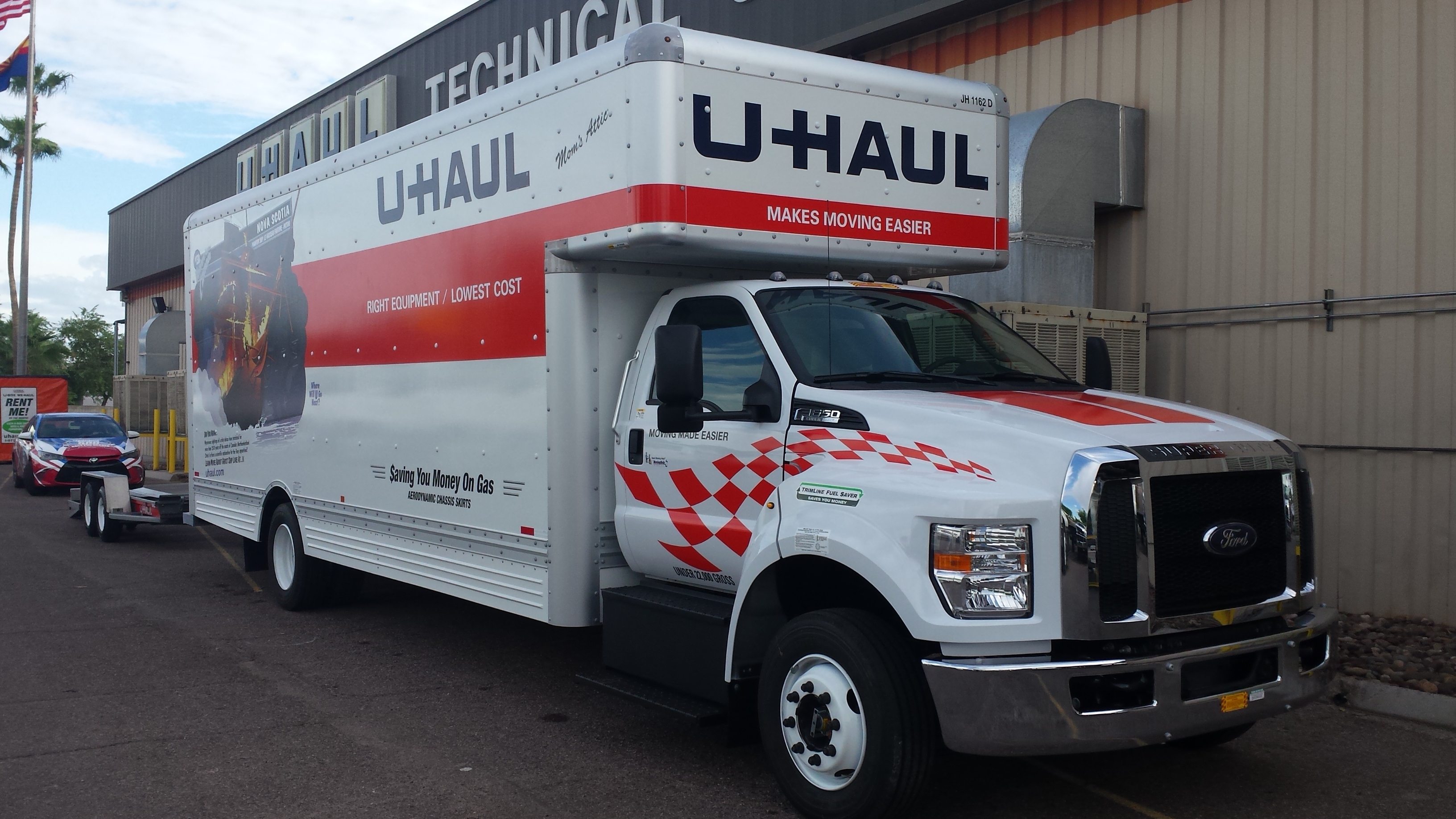
Types of U-Haul Trailers: Finding Your Perfect Match
U-Haul categorizes its trailers into three primary types, each designed for specific hauling requirements. Understanding these distinctions is crucial for selecting the right trailer for your task.
1. Cargo Trailers (Enclosed)
These trailers are fully enclosed, providing protection from weather elements and offering enhanced security for your belongings. They are ideal for household goods, furniture, appliances, and items that need to stay dry and secure.
- 4×8 Enclosed Trailer: The smallest enclosed option, perfect for studio apartments, dorm rooms, or extra storage.
- 5×8 Enclosed Trailer: A popular choice for one-bedroom apartments, small moves, or transporting sensitive equipment.
- 5×10 Enclosed Trailer: Offers more space for small apartments or larger furniture pieces.
- 6×12 Enclosed Trailer: The largest enclosed option, suitable for two-bedroom homes, larger furniture, or significant hauling projects. Many 6×12 models include a loading ramp for easy access.
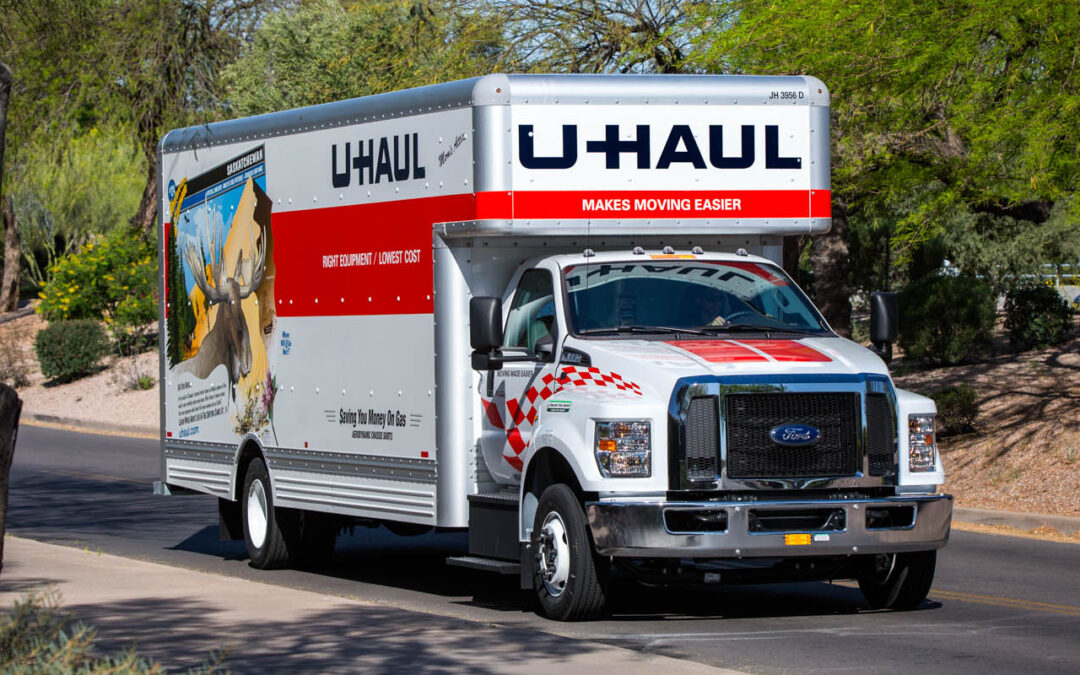
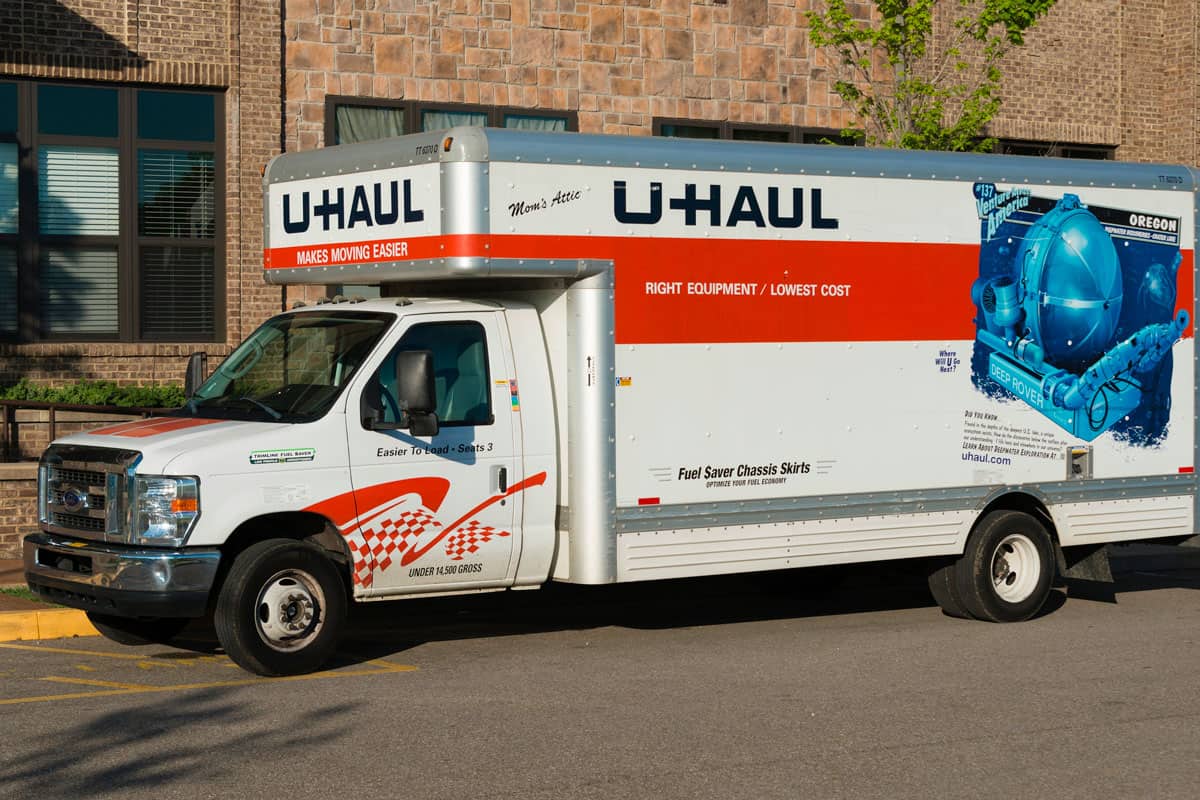
Key Features: Weather-resistant, secure, can be locked, often come with tie-downs.
2. Utility Trailers (Open Top)
Utility trailers are open-top and feature low sides, making them incredibly versatile for items that are oversized, oddly shaped, or that don’t require protection from the elements. They are excellent for yard work, construction materials, ATVs, motorcycles, or general hauling.
- 4×7 Utility Trailer: Small and nimble, great for light loads, landscaping, or small projects.
- 5×8 Utility Trailer: A versatile mid-size option for appliances, small equipment, or bulkier items.
- 5×10 Utility Trailer: Offers more length for lumber, pipes, or multiple items.
- 6×12 Utility Trailer: The largest utility trailer, often equipped with a ramp, ideal for ATVs, riding mowers, large debris, or construction supplies.
Key Features: Easy loading/unloading, low profile, some have ramps, robust construction.
3. Car Trailers (Auto Transport & Tow Dolly)
Designed specifically for transporting vehicles, U-Haul offers two distinct options:
- Auto Transport: A full-platform trailer where all four wheels of the towed vehicle rest on the trailer. This is the safest and most recommended option for long distances, all-wheel-drive (AWD) vehicles, or low-clearance cars.
- Features: Integrated ramps, security chains, tie-down straps, surge brakes.
- Considerations: Requires a heavier-duty towing vehicle.
- Tow Dolly: A two-wheel trailer where only the front two wheels of the towed vehicle are elevated. The rear two wheels remain on the ground. Best suited for front-wheel-drive (FWD) vehicles over shorter distances.
- Features: Lightweight, built-in ramps, tie-down straps.
- Considerations: May require disconnecting the driveshaft for RWD/AWD vehicles, less stable for long distances, no brakes.
How to Rent a U-Haul Trailer: A Step-by-Step Guide
Renting a U-Haul trailer is a straightforward process, whether online or in person:
- Determine Your Needs: Assess the size and type of trailer required based on what you’re hauling and the distance.
- Verify Towing Vehicle Compatibility: U-Haul has strict requirements for towing vehicles to ensure safety. Your vehicle must have:
- A properly installed hitch receiver.
- A correct size hitch ball (typically 1-7/8", 2", or 2-5/16" – U-Haul can advise).
- Working electrical wiring for trailer lights.
- Sufficient towing capacity for the trailer’s weight plus its maximum load.
- U-Haul’s system will guide you on compatibility during the reservation process.
- Reserve Your Trailer:
- Online (Recommended): Visit U-Haul’s website, enter your pickup/drop-off locations, dates, and select your desired trailer. The system will prompt you for your towing vehicle details to confirm compatibility.
- In-Person/Phone: Visit a U-Haul center or call to make a reservation.
- Pickup Day:
- Bring your valid driver’s license and the vehicle you intend to use for towing.
- A U-Haul representative will assist with hooking up the trailer, checking lights, and ensuring all connections are secure. They will also provide instructions on safe towing.
- Complete the rental agreement and consider purchasing additional Safemove® insurance for peace of mind.
- Return: Return the trailer to the agreed-upon location by the specified time. Ensure it’s clean and undamaged.
Safe Towing Practices: Essential Considerations for U-Haul Trailers
Towing a trailer requires a different approach to driving. Safety should always be your top priority.
- Understand Your Towing Capacity: Never exceed the Gross Vehicle Weight Rating (GVWR) of your towing vehicle or the Gross Axle Weight Rating (GAWR) of the trailer. This information is typically found in your vehicle’s owner’s manual and on the trailer itself.
- Proper Weight Distribution: Load the trailer correctly. Approximately 60% of the cargo weight should be in the front half of the trailer, closer to the hitch. This helps prevent "trailer sway," which can lead to loss of control.
- Secure Your Load: Use appropriate tie-downs, straps, and ropes to secure all items inside or on the trailer. Shifting cargo can cause instability.
- Hitch and Ball Connection: Ensure the hitch ball is the correct size for the trailer’s coupler and that the coupler is fully locked onto the ball. The safety chains must be crossed under the coupler and securely attached to the towing vehicle’s frame.
- Lighting and Wiring: Before every trip, check that the trailer’s brake lights, turn signals, and running lights are all functioning correctly.
- Tire Pressure: Verify that the tires on both your towing vehicle and the trailer are inflated to the recommended pressure (found on the tire sidewall or the trailer’s VIN plate).
- Driving Adjustments:
- Slower Speeds: Drive at a reduced speed, especially on highways and during turns.
- Increased Braking Distance: It will take longer to stop with the added weight of a trailer. Maintain a greater following distance.
- Wider Turns: Account for the trailer’s length when turning to avoid hitting curbs or other vehicles.
- Lane Changes: Plan lane changes well in advance and use your mirrors frequently.
- Backing Up: Practice backing up in an open area. Remember that the trailer will turn in the opposite direction of your steering wheel.
Pricing and Rental Information
U-Haul trailer rental costs vary based on the trailer type, size, duration of the rental, and whether it’s a local (round-trip) or one-way rental. Local rentals are typically daily rates, while one-way rentals often have a flat fee for the chosen duration. Insurance options like Safemove® (for property damage) and Safetow® (for vehicle damage during towing) are available and highly recommended.
U-Haul Trailer Estimated Pricing Table
Please note that these prices are estimates and can vary significantly based on location, availability, time of year, and whether it’s a local or one-way rental. Always check the U-Haul website or contact a local dealer for precise pricing.
| Trailer Type | Size | Ideal Use | Approx. Daily Rate (Local) | Approx. One-Way Rate (Variable) | Key Features & Considerations |
|---|---|---|---|---|---|
| Cargo Trailers | 4′ x 8′ | Small moves, dorms, boxes, small furniture | $14.95 – $19.95 | $150 – $300+ | Enclosed, weather-protected, secure, lightweight. |
| (Enclosed) | 5′ x 8′ | 1-bedroom apartment, appliances, medium moves | $19.95 – $24.95 | $175 – $350+ | Popular size, good capacity for general items. |
| 5′ x 10′ | Small 2-bedroom home, larger furniture | $24.95 – $29.95 | $200 – $400+ | More length for longer items. | |
| 6′ x 12′ | 2-3 bedroom home, large items, ramp included | $29.95 – $34.95 | $250 – $500+ | Largest enclosed, often with loading ramp. Requires stronger tow vehicle. | |
| Utility Trailers | 4′ x 7′ | Yard waste, small equipment, light hauling | $14.95 – $19.95 | Not typically offered one-way | Open top, low sides, easy loading. |
| (Open Top) | 5′ x 8′ | Appliances, ATVs, construction materials | $19.95 – $24.95 | Not typically offered one-way | Versatile, good for bulkier items. |
| 5′ x 10′ | Lumber, pipes, motorcycles | $24.95 – $29.95 | Not typically offered one-way | Longer bed for specialized hauling. | |
| 6′ x 12′ | Large ATVs, riding mowers, heavy debris, ramp | $29.95 – $34.95 | Not typically offered one-way | Largest utility, often with ramp. Requires stronger tow vehicle. | |
| Car Trailers | Auto Transport | All vehicle types, long distances | $54.95 – $79.95 | $500 – $1000+ | Full platform, all 4 wheels up. Requires heavy-duty tow vehicle. |
| Tow Dolly | FWD vehicles, short distances | $44.95 – $69.95 | $350 – $700+ | 2 wheels up, 2 wheels down. Lighter duty tow vehicle required. |
Note: One-way rental prices are highly variable based on distance, demand, and specific routes.
Practical Advice and Actionable Insights
- Reserve Early: Especially during peak moving seasons (summer, end of month), trailers can be in high demand. Book well in advance.
- Know Your Vehicle: Don’t guess your towing capacity or hitch ball size. Consult your owner’s manual or U-Haul’s vehicle selector tool.
- Load Smart: Always load heavier items first and centered, distributing weight evenly from side to side.
- Inspect Before You Go: Before leaving the U-Haul lot, double-check all connections, lights, and tire pressure.
- Practice Driving: If you’re new to towing, find an empty parking lot to practice turns, braking, and especially backing up.
- Consider Insurance: U-Haul’s optional Safemove® and Safetow® insurance can provide crucial protection against damage to your belongings or the trailer itself.
Frequently Asked Questions (FAQ)
Q: Do I need a special license to tow a U-Haul trailer?
A: In most states and provinces, a standard driver’s license is sufficient for towing U-Haul trailers for personal use, as long as the combined weight of the towing vehicle and trailer does not exceed specific limits. Always check your local regulations.
Q: Can I tow a U-Haul trailer with any vehicle?
A: No. Your vehicle must meet specific U-Haul requirements for hitch type, ball size, wiring, and crucially, towing capacity. U-Haul’s online reservation system will verify your vehicle’s compatibility.
Q: What if my car breaks down while towing a U-Haul trailer?
A: U-Haul offers roadside assistance. If you purchased Safetow® insurance, it may cover the costs associated with a breakdown. Contact U-Haul’s customer service for immediate assistance.
Q: Do U-Haul trailers have brakes?
A: Larger enclosed trailers (like the 6×12) and all Auto Transports are equipped with surge brakes, which engage automatically when the towing vehicle slows down. Smaller trailers and Tow Dollies typically do not have independent braking systems.
Q: Can I drop off a trailer at a different U-Haul location?
A: Yes, U-Haul offers one-way rentals for trailers, allowing you to pick up at one location and drop off at another, which is convenient for cross-town or long-distance moves. Local (round-trip) rentals require return to the original pickup location.
Q: What hitch ball size do I need for a U-Haul trailer?
A: Most U-Haul trailers require either a 1-7/8", 2", or 2-5/16" hitch ball. The specific size needed will be indicated during your reservation process, and U-Haul centers sell/rent the appropriate hitch balls if you don’t have one.
Conclusion
U-Haul trailers are more than just pieces of equipment; they are enablers of independence, offering a practical and economical solution for a vast array of hauling and moving needs. By understanding the different types of trailers available, following safe towing practices, and planning your rental effectively, you can leverage U-Haul’s extensive network to make your next project or move efficient, secure, and stress-free. Whether you’re a seasoned DIY enthusiast or embarking on your first trailer towing experience, U-Haul provides the tools and support to help you conquer the road ahead.
